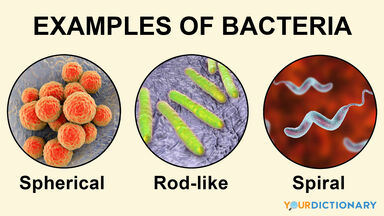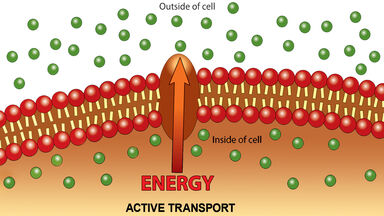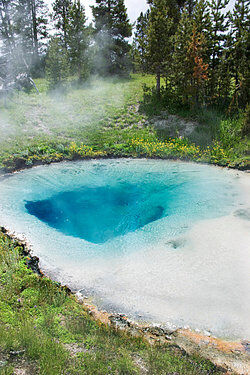Intestine Definition
ĭn-tĕstĭn
intestines
noun
intestines
The lower part of the alimentary canal, extending from the stomach to the anus and consisting of the small intestine and the large intestine; bowels.
Webster's New World
Synonyms:
adjective
Internal, with regard to a country or community; domestic; civil.
Webster's New World
Milton.
Hoping here to end / Intestine war in heaven, the arch foe subdued.
Wiktionary
Hume.
An intestine struggle […] between authority and liberty.
Wiktionary
Synonyms:
Other Word Forms of Intestine
Noun
Singular:
intestinePlural:
intestinesOrigin of Intestine
-
Middle English from Old French intestin from Latin intestīna intestines from neuter pl. of intestīnus internal from intus within en in Indo-European roots
From American Heritage Dictionary of the English Language, 5th Edition
-
From Latin intestīnum, neuter of intestīnus (“internal”), as Etymology 2, below.
From Wiktionary
-
From Latin intestīnus (“internal”), from intus (“within”).
From Wiktionary
Find Similar Words
Find similar words to intestine using the buttons below.





